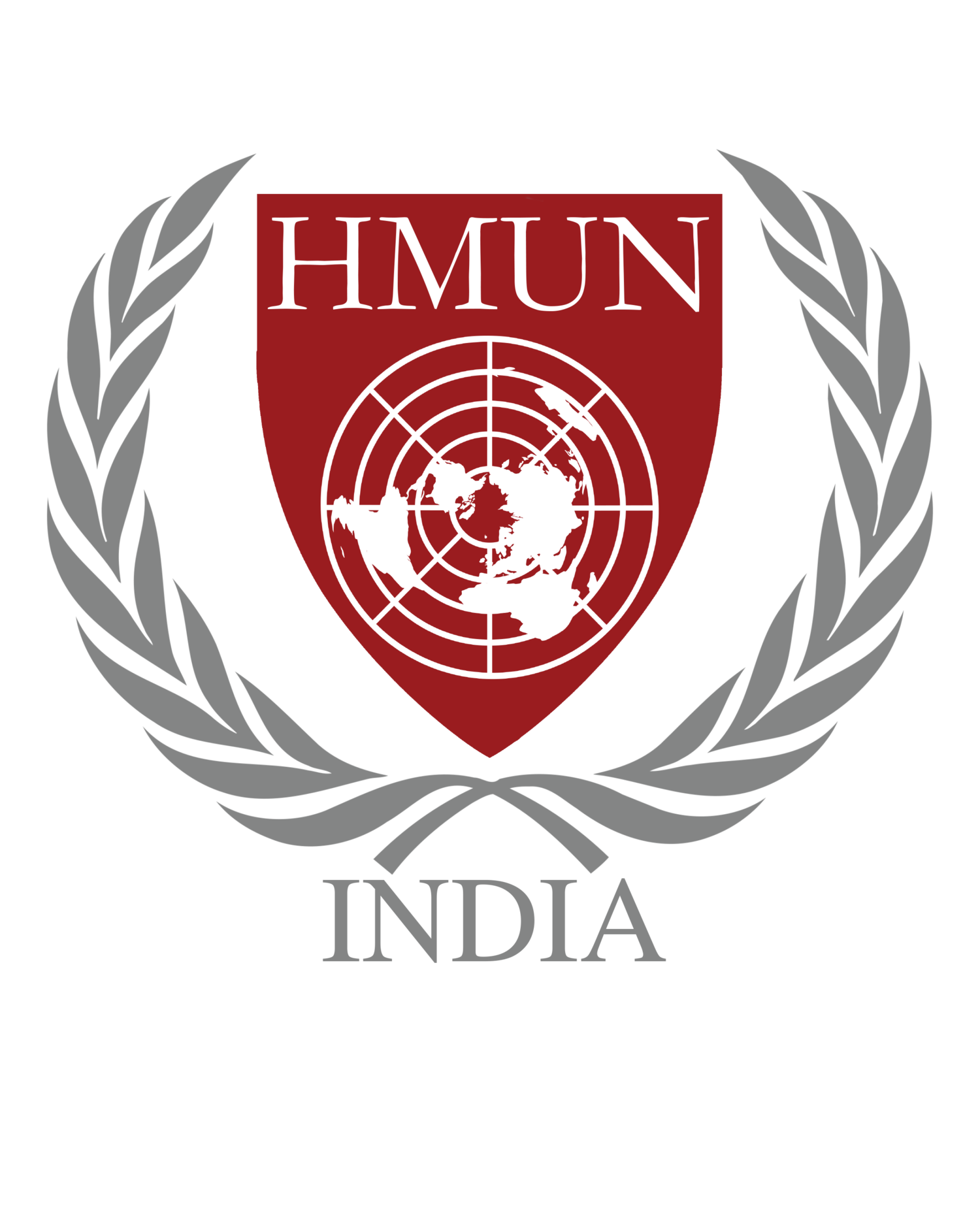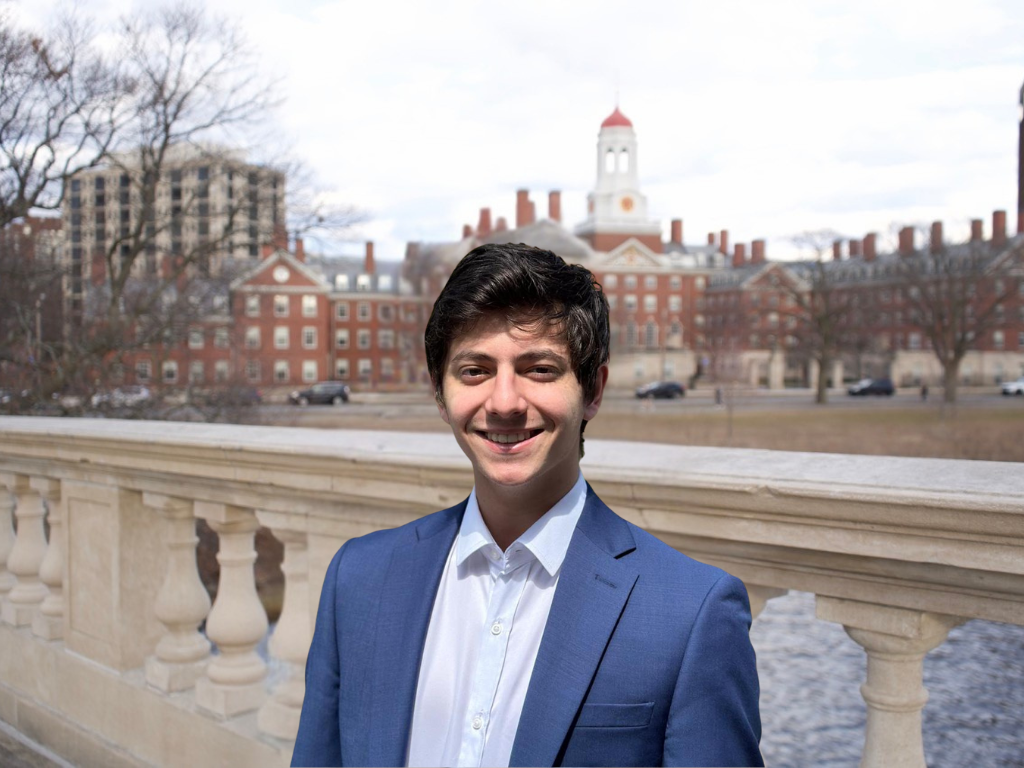Cuban Missile Crisis, 1962
(Single Delegation)
About
In this committee delegates will engage in a historical crisis committee as they model the United States’ Situation Room. It is October, 1962. The air is filled with tension at the growing possibility of nuclear catastrophe. The United States president has called on you to join the situation room as you attempt to neutralize the situation, protect the United States, and assert dominance over the Soviet Union. This committee began when, on October 15, 1962, a reconnaissance aircraft discovered ballistic missiles in Cuba, capable of reaching and launching an attack on the United States mainland. After this happened, the United States had to begin diplomatic, military, and economic interventions to weaken the Soviet Union and Cuba, attempting to ensure the safety of American citizens. This committee will be the decision making organ that in the past enabled eventual success and neutralized the situation. Given that the committee will be set at the beginning of the confrontation, it is crucial to focus on the events that occurred prior to this crisis and not necessarily on the success of the strategies themselves. Following the end of the second world war, the world was left in geopolitical and ideological disarray. So much so that two sides eventually emerged from the issue. On one side, the United States, and their allies, advocated for free trade and capitalism. On the other, the Soviet Union, and their allies, promoted a communist agenda. This led to consistent non-violent direct confrontations and violent non-direct confrontations that are known as the Cold War. At its peak, the Cuban Missile Crisis tested the ability of both powers to avoid direct violent confrontations. Preserving this ideal is what will put this committee test.
Directors
Ali Saffarini
Ali is rising junior at Harvard studying Electrical Engineering and Math. He grew up between the Middle East and Canada. Ali's excitement about cultural exploration and exchange explains his enthusiasm about MUN - last year he direct in the China conference, and this year is thrilled to visit India for the first time and serve as co-director for the Cuban Missile Committee. Outside MUN, Ali spends much of his time keeping up to date with the most recent technologies and tinkers with advancements in hardware and robotics. This passion placed him in various roles with startups across the world. For fun, Ali plays football and table tennis.
fayyaz razi
Fayyaz is a sophomore at Harvard studying Government with a secondary in Astrophysics. Fayyaz was born and raised in Kalamazoo, Michigan, although he has spent time in Bangladesh, Saudi Arabia, and Singapore while growing up. In the MUN world, Fayyaz currently serves as one of the Head Delegates of Harvard's Intercollegiate Model UN Team and has staffed HMUN Dubai, HMUN Australia, HMUN Boston, and HNMUN. Aside from MUN-related activities, Fayyaz is involved with the Harvard Association for U.S.-China Relations and the Harvard Association for Cultivating Inter-America Democracy. In his free time, Fayyaz enjoys playing pickleball, traveling, cooking with friends, and watching investigative documentaries on YouTube. Fayyaz is very excited to serve as your Director for HMUN India and looks forward to meeting all of you and hearing your innovative solutions
to tackling some of the world’s most pressing issues. Best of luck!
For further queries please email at cuban@hmunindia.org


